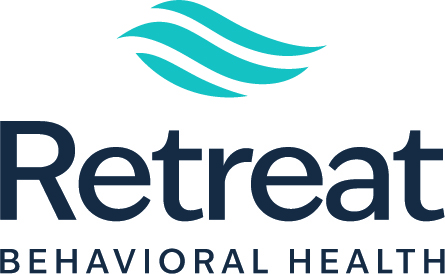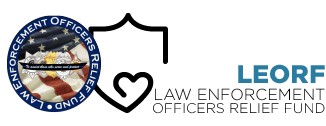
April is Stress Awareness Month, providing a great opportunity for everyone to revisit and reprioritize healthy and productive stress relief strategies.
Stress is incredibly common throughout the U.S. and around the world. According to the American Psychological Association’s Stress in America 2020 report, two in three adults (67%) say that they have experienced significant stress over the previous year, with some groups—including Gen Z young adults and parents—noting particularly troubling stress rates.
Stress and stress-related anxiety can happen to anyone at any time, regardless of current circumstances or situations. Stress Awareness Month, recognized every April since 1992, is a time to shine a spotlight on the deep pervasiveness of stress and how to spread awareness about healthy ways to cope, regardless of environmental influence. Here is what you need to know.
What is National Stress Awareness Month?
Stress Awareness Month is an annual event dedicated to focusing on why stress happens, what it means, and what you can do about it. It is a time for medical professionals to engage in conversations about stress, but it is also a reminder that no one is immune from stress in their day-to-day lives.
“Even though we’ve learned a lot about stress in the past twenty years,” says Dr. Morton C. Orman, M.D., Founder and Director of HRN on the Stress Awareness Month website, “we’ve got a long way to go.” Dr. Orman, as well as other professionals engaged in this yearly event, hope that through public forums, discussion groups, and general awareness we can make progress in how we talk about and understand stress, as well as share coping strategies for stress that we can all benefit from.
Other ways that people participate: wearing the Stress Awareness Month color of lavender to show support and solidarity, as well as sharing and explaining the importance of this event on social media.
What to Do: Tips for Staying “Stress Free”
While living a completely stress-free life is not easily achievable, equipping yourself with plenty of stress-tackling tools in your mental health toolbox is always a good way to stay prepared. Here are some tried-and-true ways to deal with stress, both acute and chronic:
- Get more sleep. Sleep is key for combatting stress. 21 percent of adults say they feel more stressedwhen they do not get adequate sleep, so make sure you are getting between seven and nine hours of quality shut eye each night.
- Exercise releases endorphins into your brain, which can help you, feel less stressed out. It also gives you an opportunity to take a healthy break from any stressors in your day. Aim for at least three days a week of regular exercise, whether that is a trip to the gym or just a long walk around your neighborhood.
- Eat a healthy diet. What you eat has a huge impact on your mood. To take on stress with your diet, followthese simple tips, such as eating regular balanced meals and opting out of caffeine post 2pm.
- Relaxation techniques such as meditation and deep breathing can be immensely helpful. Incorporate more of the things that relax you into your day, and explore some additional relaxation technique as well to see what else you enjoy.
Stress management can look different for everyone, and that goes double for individuals who are in recovery. During Stress Awareness Month and throughout the rest of the year, we encourage you to put a priority on addressing stress in your life, both through relief methods you can do on your own and, if necessary, through the support of a professional mental health provider.
Help is always available. Please schedule an appointment with our team if you are experiencing difficulties with stress or anxiety in your life.

Source: https://www.retreatbehavioralhealth.com/blog/stress-awareness-month/

